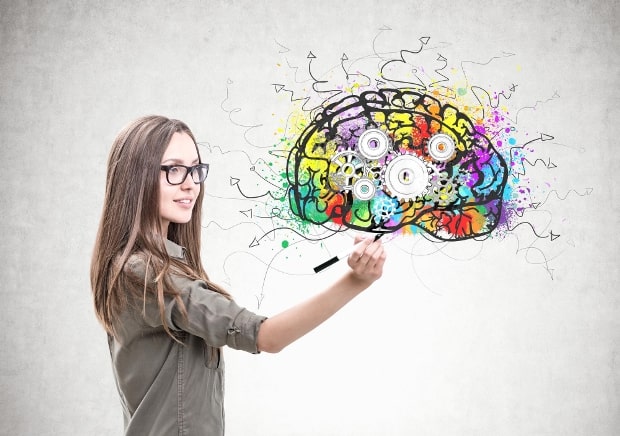Unlocking Harmony: The Crucial Role of Emotional Intelligence in Conflict Resolution

In the intricate dance of human interactions, conflicts are inevitable. Whether in the workplace, within families, or among friends, clashes of opinions and interests can arise, leading to tension and discord. However, amidst the chaos, there exists a powerful tool capable of transforming conflicts into opportunities for growth and understanding: Emotional Intelligence (EI).
Understanding Emotional Intelligence
At its core, EI is the ability to recognize, understand, and manage both our own emotions and those of others. It encompasses self-awareness, self-regulation, empathy, and social skills. While traditional measures of intelligence, such as IQ, focus on cognitive abilities, EI delves into the realm of emotions, recognizing their profound impact on human behavior and relationships.
Deconstructing Conflict
Conflict, in essence, arises from differing perspectives, needs, or goals. It often stems from miscommunication, unmet expectations, or unresolved issues. In the heat of conflict, emotions run high, clouding judgment and hindering effective communication. Left unchecked, conflicts can escalate, leading to resentment, hostility, and damaged relationships.
The EI Advantage in Conflict Resolution
Emotional Intelligence serves as a guiding light in navigating the turbulent waters of conflict. By honing EI skills, individuals can approach conflicts with clarity, empathy, and resilience, fostering constructive dialogue and mutual understanding. Here’s how EI plays a pivotal role in each stage of conflict resolution:
1. Self-Awareness: Recognizing and understanding one’s own emotions is the first step toward effective conflict resolution. Self-aware individuals are better equipped to manage their emotions and responses, preventing impulsive reactions that escalate conflicts.
2. Self-Regulation: Emotionally intelligent individuals possess the ability to regulate their emotions, even in the midst of conflict. By staying calm and composed, they can de-escalate tense situations and maintain focus on finding solutions.
3. Empathy: Empathy lies at the heart of conflict resolution, allowing individuals to understand and validate the emotions and perspectives of others. Through empathy, conflicting parties can bridge the divide, fostering trust and cooperation.
4. Social Skills: Strong interpersonal skills are essential for resolving conflicts collaboratively. Emotionally intelligent individuals excel in communication, negotiation, and compromise, facilitating productive dialogue and creative problem-solving.
Harnessing Emotional Intelligence in Practice
To illustrate the transformative power of EI in conflict resolution, consider the following scenario:
In a team meeting, tensions flare between two colleagues, Sarah and John, over conflicting project priorities. Sarah, recognizing the rising tension, takes a moment to assess her emotions and perspective. Drawing on her empathy and social skills, she acknowledges John’s concerns and suggests a compromise that addresses both their needs. Through open dialogue and mutual respect, they reach a solution that strengthens their working relationship.
Conclusion: Cultivating Harmony Through Emotional Intelligence
In a world fraught with conflict, Emotional Intelligence emerges as a beacon of hope, offering a pathway to resolution and reconciliation. By cultivating self-awareness, self-regulation, empathy, and social skills, individuals can transform conflicts into opportunities for growth and collaboration. As we embrace the power of Emotional Intelligence, we unlock the true potential for harmony and understanding in our relationships and communities.
